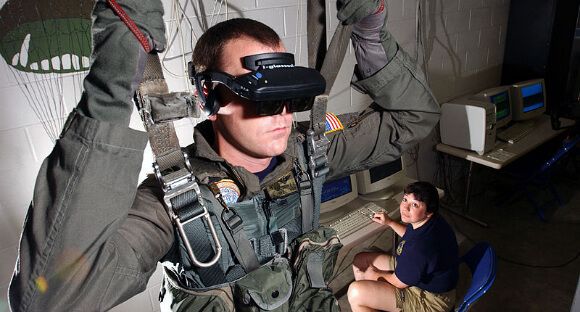Written By: Jason Dorrier — Singularity Hub
Jason Silva calls technologies of media “engines of empathy.” They allow us to look through someone else’s eyes, experience someone else’s story—and develop a sense of compassion and understanding for them, and perhaps for others more generally.
But he says, while today cinema is the “the cathedral of communication technology,” looking to the future, there is another great medium looming—virtual reality.



